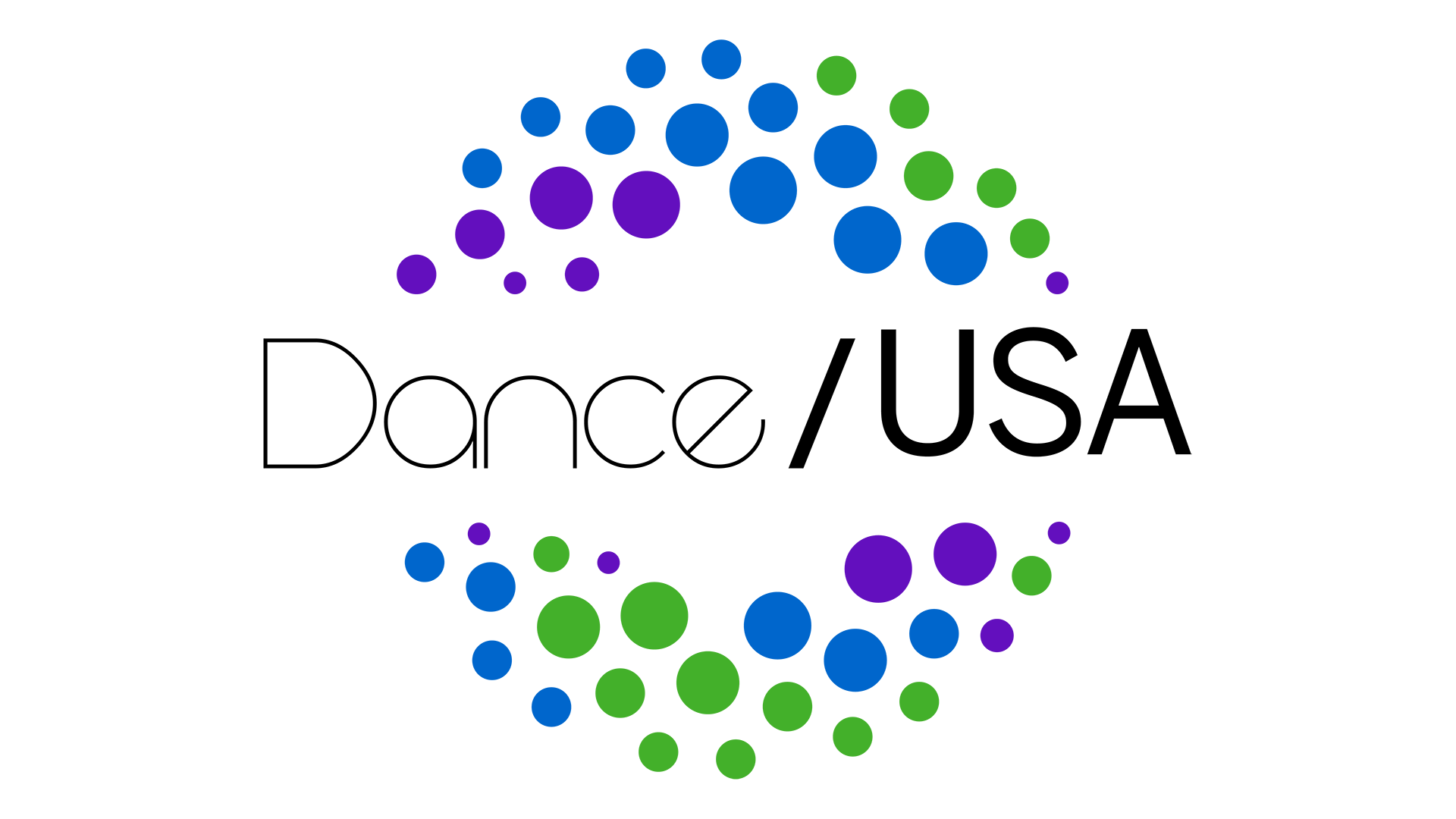By Sue Porter
Executive Director, BalletMet
Dance/USA: There has been so much in the news about sexual harassment, what should employers know?
Sue Porter: Every employer should make sure that they are aware of local, state and Federal laws regarding sexual and other forms of illegal harassment. On a Federal level, Title VII of the Civil Rights Act of 1964 establishes the legal foundation for preventing sexual harassment. In 1980, the Equal Employment Opportunity Commission established guidelines for sexual harassment in the workplace and defined it as “unwelcome sexual advances, requests for sexual favors, and other verbal or physical conduct of a sexual nature.” Title VII applies to employers with 15 or more employees. State laws prohibiting harassment often apply to smaller employers. For example, Ohio’s anti-discrimination laws generally apply to employers with four or more employees, while New York has passed legislation prohibiting workplace harassment that is applicable to all employers and covers both employees and independent contractors.
In addition to legal requirements to provide a work environment free of illegal discrimination including harassment, creating a culture free of bias, prejudice and harassment leads to more satisfied and productive employees.
D/USA: If a dance organization has procedures and a policy in place for the administrative staff, should the organization use the same language and policy for the artistic and teaching staff?
S.P.: Every employer should have a written non-discrimination and anti-harassment policy. Generally, employers use the same policy for all employees.
D/USA: Do small companies with part-time employees or employees who work on a project basis need a full-blown harassment policy and training?
S.P.: From a legal perspective, this depends on the state where you are located. Some states have a legal requirement requiring a policy and/or training so it is important to consult with a local attorney to determine what your organization is required to do.
As general advice, it is important for an employer to communicate expectations about appropriate behavior in the work environment.
D/USA: What should company managers of touring companies keep in mind for the company members and staff when they are working in different locations, with different theater production staffs at each touring stop?
S.P.: Even on tour, it is the employer’s responsibility to make sure that the workplace is free of discrimination, including sexual and other forms of illegal harassment. Employees should have a way to inform the employer if another employee or someone from another employer is being sexually inappropriate, and once informed the employer needs to act to stop the inappropriate behavior.
D/USA: Where can dance companies find tools or examples of sexual harassment policies that they could use to create or update their own policies?
S.P.: Examples of sexual harassment policies are available many places including the EEOC, various state human or civil rights agencies, other dance companies, some personnel practices websites, and from attorneys specializing in employment law.
D/USA: Should dance organizations hire a lawyer to create and disseminate a sexual harassment policy?
S.P.: You are not required to hire an attorney, but these laws can get complicated especially as they are not the same in every jurisdiction. Therefore an attorney who can help make sure you are aware of laws that apply to your organization can be a very worthwhile investment.
D/USA: Where can small-budget companies find affordable lawyers?
S.P.: In many cities there are attorneys who are willing to work at reduced fees or even free of charge to help a not-for-profit entity. If you have a board, one of your board members may have connections to locate the right attorney. You may also want to check the local bar association.
D/USA: Do pick-up companies, where dancers and staff come and go depending on the project, need sexual harassment policies?
S.P.: If you have any regular employees, your organization should have an anti-harassment policy. While Federal law does not generally apply to independent contractors, some states, such as New York, have laws that require employers to protect independent contractors from illegal harassment. So you must be aware of what laws apply where you do business.
D/USA: Does a policy legally cover the board of directors and volunteer staff or must there be a separate policy?
S.P.: Generally, workplaces have one policy that informs both employees and those who come into the workplace, such as board members and volunteers about the employer’s expectations about the work environment. Many organizations that have volunteers working around children have additional policies, procedures and/or codes of conduct that specifically apply to those situations.
D/USA: For dance organizations, much of the work in the studio involves touching and physical contact. What does an appropriate sexual harassment policy need to say to account for this environment, but still protect the company?
S.P.: Physical contact is at the heart of dance and is not in itself illegal or inappropriate. Unwanted sexual, verbal or physical contact can be illegal and inappropriate. When verbal or physical contact denigrates or shows hostility or aversion toward an individual because of the individual’s protected category (i.e., race or sex) and creates an intimidating, hostile or offensive work environment or interferes with an employee’s work performance or employment opportunities, an employer should do something to stop the conduct. Have a policy that clearly explains the employer’s expectations and what an employee should do to let the employer know about any prohibited conduct.
The above is not intended to give legal advice. Please contact an attorney familiar with employment law for specific advice.

Sue Porter was named BalletMet’s executive director in August 2015. Sue is an attorney who started her legal career in 1986 as an associate attorney and later a partner specializing in labor and employment law with Schottenstein, Zox & Dunn LPA (now Ice Miller LLP). In her 30 years as an attorney, she has been recognized as a Leading Lawyer for Business in Chambers USA, as a Best Lawyer in America, an Ohio Super Lawyer, a Top 50 Women Lawyers in Ohio, and a Top 25 Women Lawyer in Columbus. She also received a 40 under Forty Award and a Top Executive Women award from Business First. Sue was a long-time board member with BalletMet and a number of other not-for-profit organizations. She currently serves on the Board of Directors of Ohio Mutual Insurance Group, Ohio Citizens for the Arts, and the Columbus Bar Foundation. She is also a board member of Dance/USA and is the chair of the mid-size company Managers’ Council. Ms. Porter and her husband, Mike Sayre, have three children and live in New Albany, Ohio.
____
We accept submissions on topics relevant to the field: advocacy, artistic issues, arts policy, community building, development, employment, engagement, touring, and other topics that deal with the business of dance. We cannot publish criticism, single-company season announcements, and single-company or single artist profiles. Additionally, we welcome feedback on articles. If you have a topic that you would like to see addressed or feedback, please contact communications@danceusa.org.
Disclaimer: Opinions expressed in guest posts do not necessarily represent the viewpoints of Dance/USA.



